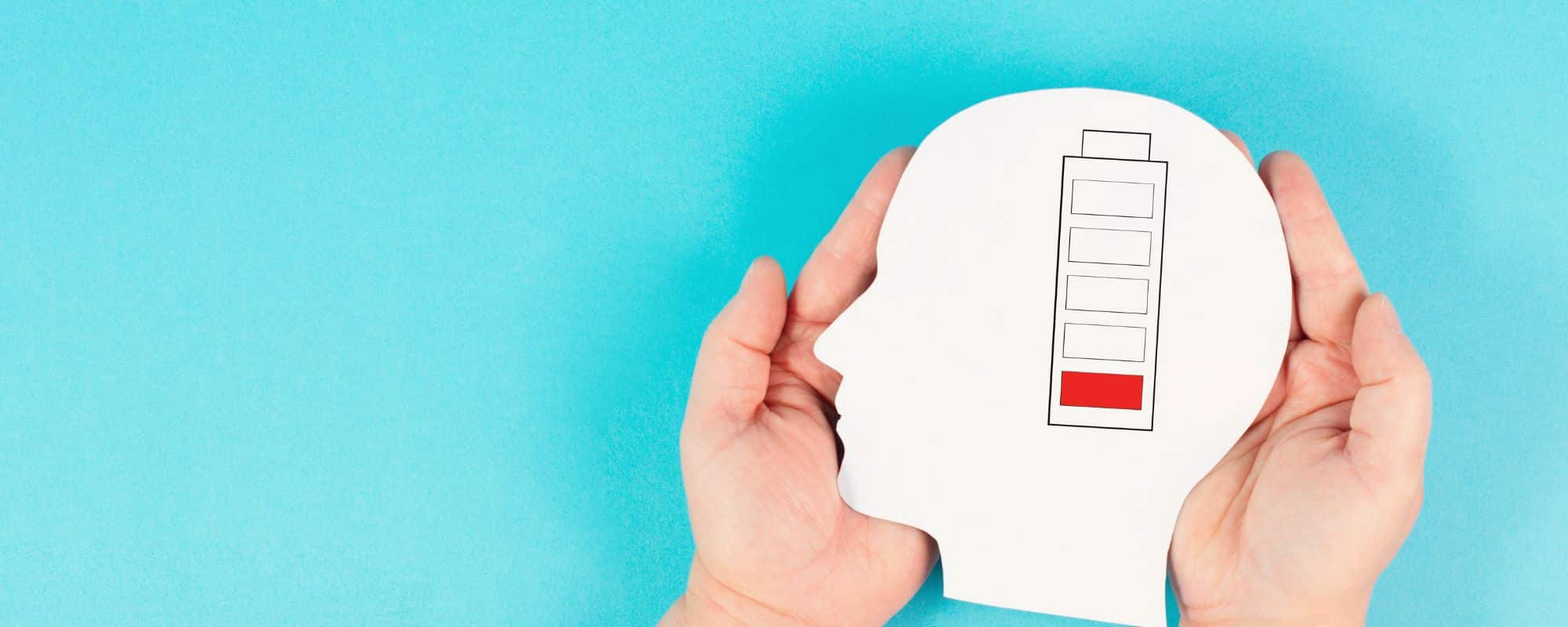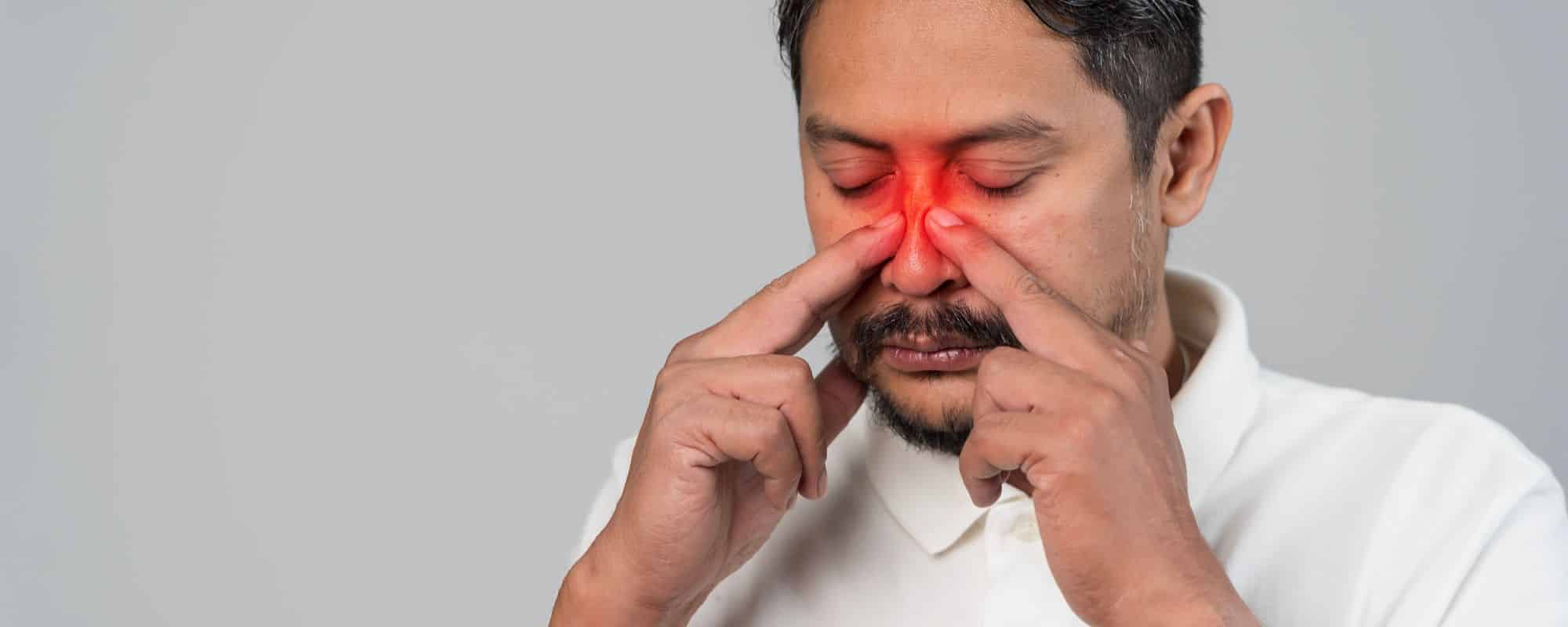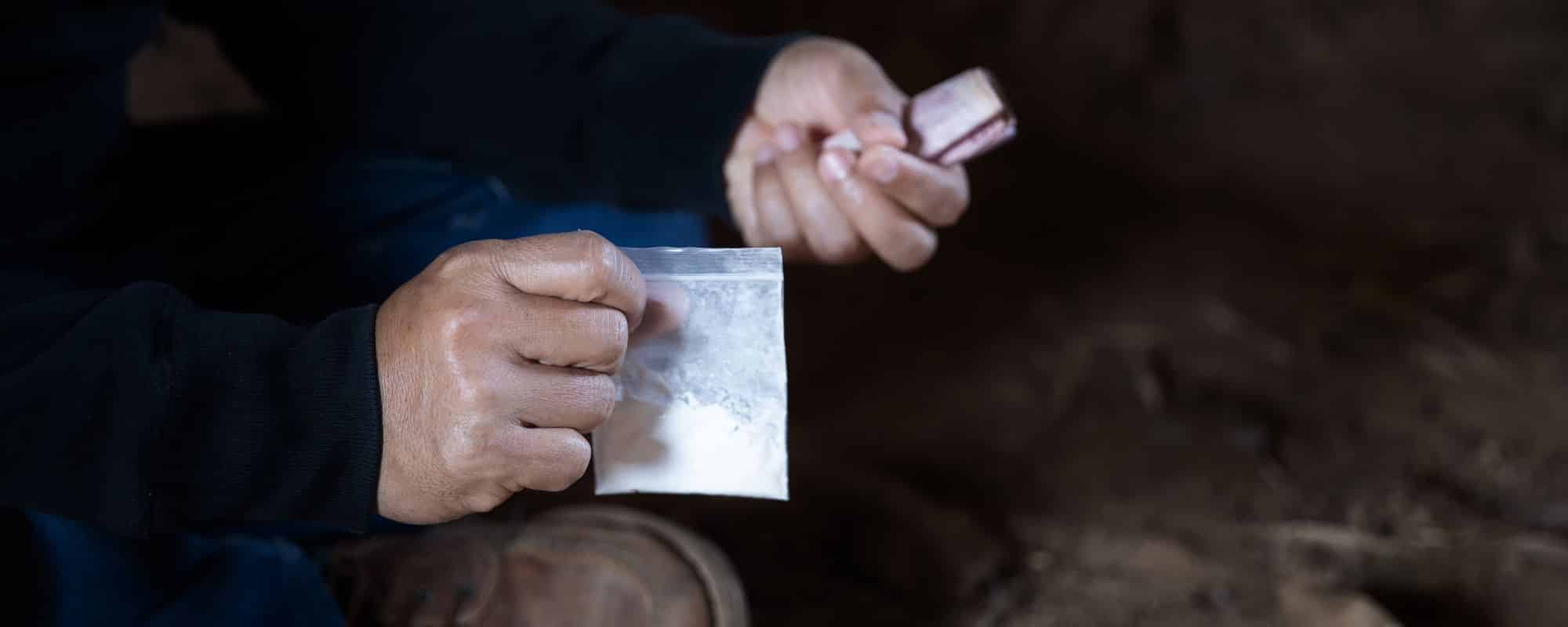Key Takeaways:
Dual Diagnosis Importance: Dual diagnosis refers to having both a mental health disorder and a substance use disorder simultaneously — treating them together helps break the cycle where one fuels the other.
Integrated Treatment Approach: Vogue Recovery Center’s dual diagnosis program uses a mix of therapies (CBT, DBT), medication-assisted treatment (MAT), and psychiatric care to treat both disorders concurrently.
Benefits of Dual Diagnosis Care: Integrated dual-diagnosis treatment can improve outcomes by reducing relapse risk, lowering stigma, and ensuring both mental health and substance abuse are addressed.
Comprehensive Continuum of Care: Vogue provides different levels of care — including medically supervised detox, residential treatment, PHP, IOP, outpatient, and aftercare — all tailored for individuals with co-occurring disorders.
Mental health disorders and substance abuse are often seen as distinctly separate challenges, almost like they’re being viewed through different lenses. But for many people, they’re often deeply intertwined. It’s not uncommon for a family member, a significant other, or even yourself, struggling with depression, anxiety, or a trauma disorder, to also grapple with an addiction to drugs or alcohol.
Statistics show that people suffering from mental illness are more likely to experience a substance abuse disorder than those not affected by one. Dual diagnosis treatment in Phoenix is a specific combination of diagnoses enabling people to seek treatment simultaneously for two disorders so they can heal on both fronts.
What Is Dual Diagnosis?
Dual diagnosis is when someone is clinically diagnosed with a mental health disorder and substance abuse (drugs and/or alcohol) disorder at the same time. As its name suggests, dual diagnosis is not one diagnosis but a combination of diagnoses.
The Cleveland Clinic notes that when two of these conditions are present at the same time in a person, their effects can be worse and actually exacerbate each other. Complex and needing specialized care, this means that untreated mental health issues can fuel substance abuse, while addiction can worsen mental health symptoms, creating a vicious cycle that’s difficult to break.
The Goal of Dual Diagnosis Treatment
The goal of dual diagnosis treatment Phoenix programs is ultimately to address both issues simultaneously when mental health and substance abuse issues are present and prevalent. It’s a comprehensive, integrated approach that recognizes treating one condition without the other can leave you vulnerable to relapsing or running the risk of worsening symptoms. It can, in essence, be a life-saving approach without letting either illness compromise the treatment of the other.
In making a dual diagnosis, a team of professionals at an addiction treatment center in Phoenix will use several screening methods to assess someone for a mental health and substance abuse disorder. Since so many symptoms of both disorders can overlap, the same treatments you might find for mental health disorders might coincide with those for substance abuse disorders. This can be everything from counseling to support groups and steps to manage substance withdrawal.
Treatments can include:
- Cognitive behavioral therapy (CBT): CBT is an effective type of talk therapy that can help you address “cognitive distortions” — negative thought patterns (like false beliefs or biases) that can negatively affect your behavior.
- Dialectical behavioral therapy (DBT): Mindfulness, regulating intense, negative emotions, and distress tolerance (so your thoughts do not cause you to behave in destructive ways, such as suicidal ideation or substance abuse) are key components of DBT in a dual diagnosis.
- Various medicines, as part of medication-assisted treatment (MAT), can be used in tandem for mental health and drug or alcohol disorders.
What Are Co-Occurring Disorders?
When someone exhibits simultaneous symptoms of a substance abuse disorder and mental health disorder at the same time, this is called a co-occurring disorder — a necessary element in making a dual diagnosis.
About 21.5 million Americans have a co-occurring disorder, according to the Substance Abuse and Mental Health Services Administration’s 2022 National Survey on Drug Use and Mental Health. Studies have also found that about 50% of people who deal with substance abuse will also have a mental health disorder (and vice versa).
What Are Some Examples of Co-occurring Disorders?
- Scenario 1: Someone suffering from dysthymia may begin drinking to quell their emotions. But alcohol, being a depressant, only serves to worsen these feelings, which spiral into undiagnosed depressive disorder as one’s drinking increases.
- Scenario 2: A person may be prescribed opioid painkillers following surgery, but because they tend towards anxiety coupled with the drug’s highly addictive properties, they develop a tolerance to it, leading to more and more use and then dependency.
- Scenario 3: A veteran with untreated PTSD may begin using any manner of stimulants in an attempt to offset the effects of the trauma. This can lead to increasingly worsening issues with both their mental health and substance abuse.
What Are the Benefits of Dual Diagnosis Treatment in Phoenix?
Treating mental health disorders and addiction separately can lead to significant challenges. Getting help only for substance abuse can run the risk of drug or alcohol relapse since untreated mental health issues may lead to self-medication that can offset treatment progress.
Conversely, when you don’t receive integrated treatment for mental health disorders and substance abuse together, your treatment providers may not be on the same page, and this can lead to a gap in care.
This is why dual diagnosis programs offer equal weight to simultaneously addressing mental health and drug addiction in Phoenix. Here are some benefits of a dual diagnosis:
- Care is integrated: When a treatment program is designed to bring addiction and mental health services together under one roof at addiction treatment centers in Phoenix, underlying mental health issues are treated alongside addiction and rehab care.
- Improved outcomes: Integrated, dual-diagnosis treatment has been shown to decrease the overall severity of both co-occurring disorders and the risk of relapse. (Those who receive integrated care are also more likely to stick with treatment and see lasting results.)
- Reduced stigma: When co-occurring disorders are treated together, it can help to minimize negative judgment and stigma all too often attached to addiction and mental health. Combined treatment with a dual diagnosis breaks down these barriers and encourages people to seek treatment without shame, embarrassment, or guilt.
Self-Assessment: Am I Addicted?
"*" indicates required fields
Contact Us
Ready to Get Help? Get in Touch Today.
"*" indicates required fields
How Are Substance Abuse and Mental Health Related?
The relationship between substance abuse and mental health is deeply intertwined. When a dual diagnosis is made, it may leave you wondering which co-occurring disorder comes first, substance abuse or mental health disorder. Through therapy, you’ll be able to trace your steps back to determine when symptoms for both originated. Although both conditions need to be present to make a dual diagnosis, it doesn’t mean one caused the other — just that both are linked together.
How do mental health and substance abuse disorders co-occur? The National Institute of Mental Health offers some possibilities:
- Genetics and environment: Substance abuse and mental health disorders often run in families, which can suggest that shared genes that pose a risk factor may be passed down among family members. Likewise, environmental factors and life experiences can also interact with these genetic vulnerabilities, increasing the risk for both co-occurring conditions.
- Mental health can lead to substance abuse: It’s not uncommon for people with mental health issues in Phoenix to turn to drugs or alcohol to self-medicate symptoms of depression, anxiety, personality disorders, post-traumatic stress disorder (PTSD), or other psychiatric issues. While this might offer brief, short-term relief, this often intensifies those symptoms and creates a cycle of dependency and, along with it, a co-occurring disorder.
- Substance abuse can trigger mental health problems: Substance use can alter brain function, potentially triggering mental health disorders — and prolonged use of drugs or alcohol may encourage the development of anxiety, depression, or other mental health conditions.
Other factors, such as stress or trauma (especially that which stems from childhood), can manifest themselves into substance abuse and a mental health disorder, illustrating why mental health treatment in Phoenix alongside addiction recovery is what makes dual diagnosis so valuable.
Choosing the Best Dual Diagnosis Treatment Center in Phoenix
If this article resonates with you and gives insight into a mental health or substance abuse disorder that you or a loved one may be dealing with, the first step is finding the right dual diagnosis treatment in Phoenix. Not all dual-diagnosis treatment centers are equipped to manage the complexities of co-occurring disorders, so make it a priority to find the right addiction treatment centers in Phoenix with the right ingredients in place.
Experienced Staff
An Arizona rehab center like the one in Phoenix at Vogue Recovery employs a team of four mental health and addiction specialists, plus support staff, whose mission is to set you on the road to recovery in a home-like environment that is welcoming, accepting, inclusive, and supportive.
Proven Therapies
Vogue Recovery Center’s addiction treatment programs comprise a variety of psychotherapies and clinical techniques in the spectrum of the recovery process. From dual diagnosis to CBT, DBT to trauma-focused therapies such as EMDR, or holistic options to better your complete sense of well-being, our mental health treatment in Phoenix is just one aspect of the comprehensive care delivered every day at Vogue’s campus.
Aftercare Options
One of the most important pieces of recovery — if not the most important — is that recovery doesn’t end when treatment does. A strong aftercare program is integral for maintaining long-term sobriety, indispensable following treatment for a dual-diagnosis disorder. Before you exit the program at Vogue, you’ll work with a case worker who will help schedule your aftercare needs to keep you set on the path of recovery.
Dual Diagnosis Treatment in Arizona at Vogue Recovery Center
Vogue’s Phoenix Addiction Center will confirm during the admissions process to verify your insurance and how much coverage it offers for rehab. Our full continuum of care starts with the admissions and dual diagnosis process, where a personalized treatment plan is prepared and outlined with your full support. If substance abuse is involved in a co-occurring disorder, one of the first steps is a medically supervised detox, where withdrawal symptoms are safely and carefully managed.
Treatment plans at Vogue may range from inpatient care, where patients reside onsite, 24/7, to make treatment their primary focus, to outpatient therapy, allowing you to work therapy into your busy schedule and return home at night.
Other treatment options include a Partial Hospitalization Program (PHP) or sober living environments — flexible options for people who need support during their transition to daily life after residential treatment, and an Intensive Outpatient Program (IOP), where group therapy is emphasized to help bolster your independence in recovery.
Lastly, aftercare ensures you stay committed to a clean and sober path for the rest of your life — where we’re here to always support you every step of the way. Contact us today.
Need Help?
It’s possible you need help with mental health or addiction. If you or a loved one are struggling, addiction treatment with dual diagnosis programming may be a good fit—contact Vogue Recovery Centers in Las Vegas and Phoenix. An admissions team member can help you decide if alcohol addiction treatment suits you.
Vogue Recovery Center emphasizes the critical importance of dual diagnosis treatment — a clinical approach that treats both a mental health disorder and a substance use disorder at the same time. Rather than addressing only addiction or psychiatric symptoms in isolation, Vogue’s integrated program recognizes how these conditions can exacerbate one another and implements a coordinated treatment strategy to break that cycle. Their approach uses evidence-based therapies like Cognitive Behavioral Therapy (CBT) and Dialectical Behavior Therapy (DBT), complemented by medication-assisted treatment when needed, to manage symptoms of both substance abuse and mental illness. The benefits are compelling — integrated care leads to better patient engagement, reduces the likelihood of relapse, and decreases the stigma around co-occurring disorders by treating both as equally important.
At Vogue’s Phoenix location, patients can access a full continuum of care, starting with medically supervised detox and progressing through residential treatment, partial hospitalization (PHP), intensive outpatient (IOP), regular outpatient therapy, and aftercare planning. Our team includes mental health and addiction specialists who develop individualized treatment plans, including psychiatric medication when appropriate and tailored therapeutic interventions. This integrated, trauma-informed model supports long-term recovery by addressing the root causes and interconnected nature of substance use and mental health challenges.
Questions about treatment options?
Our admissions team is available 24/7 to listen to your story and help you get started with the next steps.
Author
-

Content Writer
Paul Sisolak is one of Aliya Health Group’s experienced SEO Content Writers. He leverages more than 25 years of experience as a newspaper reporter and a journalistic writing approach to create meaningful and impactful content in addiction, behavioral health, and related fields. Passionate about the power of the written word, he aims to empower and help individuals on their recovery journey with high-level, informative, knowledgeable, and thought-provoking resources. He received his Associate of Arts in Liberal Arts/Communications from Middlesex College in 2001 and his Bachelor of Arts in Journalism from Monmouth University in 2005.
View all posts









